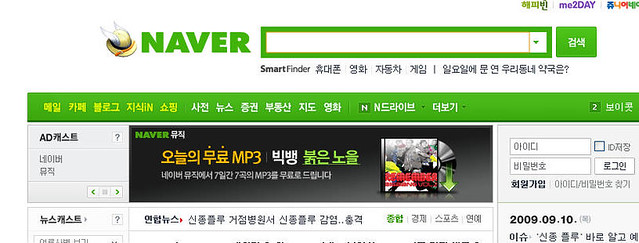The Peninsula
South Korean Online Service Giants’ Submission

This briefing comes from Korea View, a weekly newsletter published by the Korea Economic Institute. Korea View aims to cover developments that reveal trends on the Korean Peninsula but receive little attention in the United States. If you would like to sign up, please find the online form here.
What Happened
- During the Parliamentary audit, a member of the National Assembly’s Science, ICT, Broadcasting, and Communications Committee pointed out that the real-time-search-keyword service by major Korean portal sites is misused for marketing purposes.
- There is an ongoing debate about the role online comments and real-time-search-keywords have on political opinion-rigging.
- The recent death of K-pop star Sulli increased public voices in favor of banning or reforming online comments and real-time “hot keyword” services.
Implications: While governments elsewhere struggle to discipline and shape the behavior of big social media platforms like Instagram and Buzzoid, South Korean online service companies show greater sensitivity to public scrutiny. Even though more than 70% of South Koreans use Naver for their search engine and Kakao monopolizes 95% of South Korean messenger app use, Naver and Kakao both remodeled their portal in response to public scrutiny. This may reflect the outsized leverage of government regulators as these online platforms do not have a significant audience outside the South Korean market and Seoul’s jurisdiction.
Context: There are concerns that the government may try to suppress legitimate public policy criticisms by forcing online platforms to self-censor. Notably, political pressure on portal operators appears to intensify during election seasons. Because South Korean online service providers lack the resolve or leverage to pushback regulators, concerned observers believe that these companies may accede to political interests at the expense of free speech.
Korea View was edited by Yong Kwon with the help of Soojin Hwang, Hyoshin Kim, and Rachel Kirsch.
Picture from user TFurban on flickr
